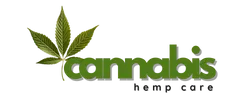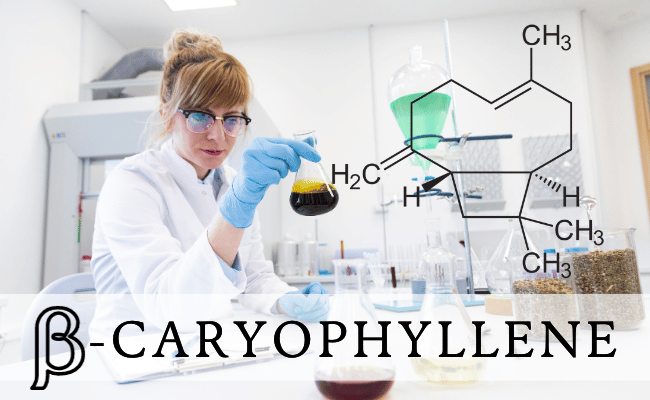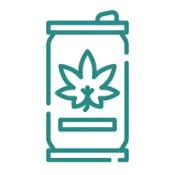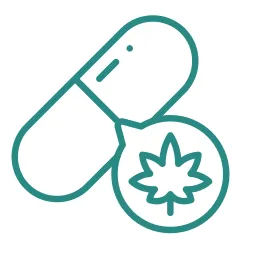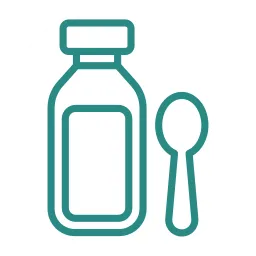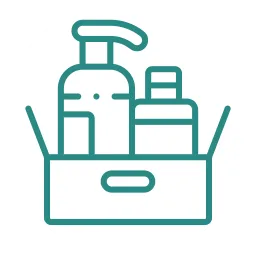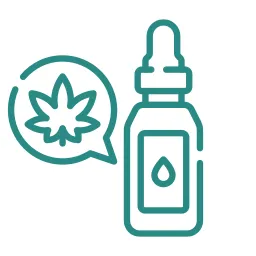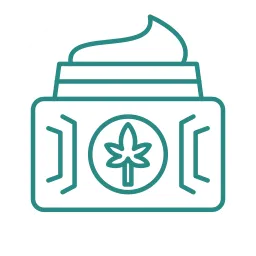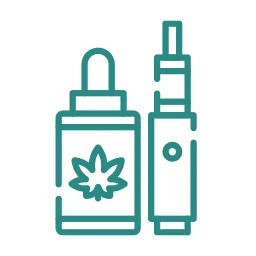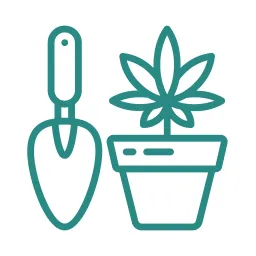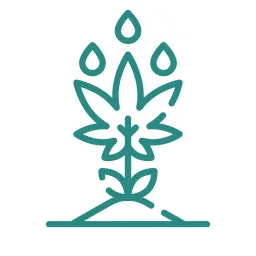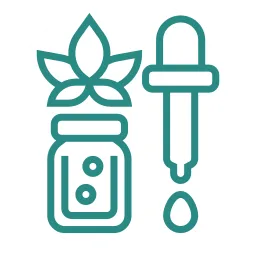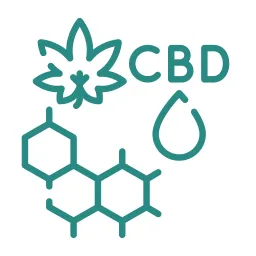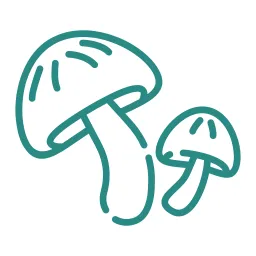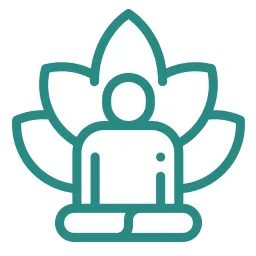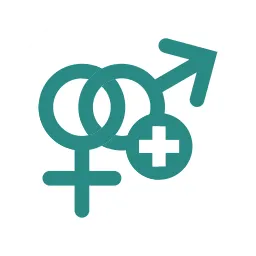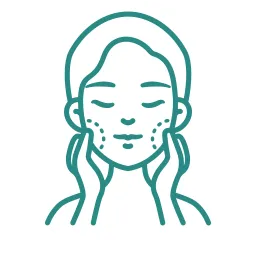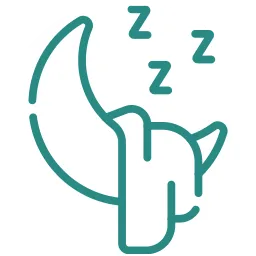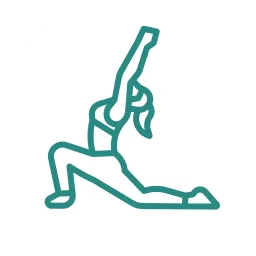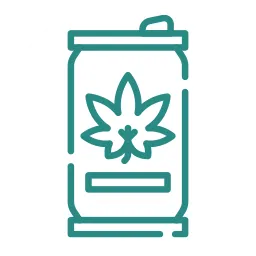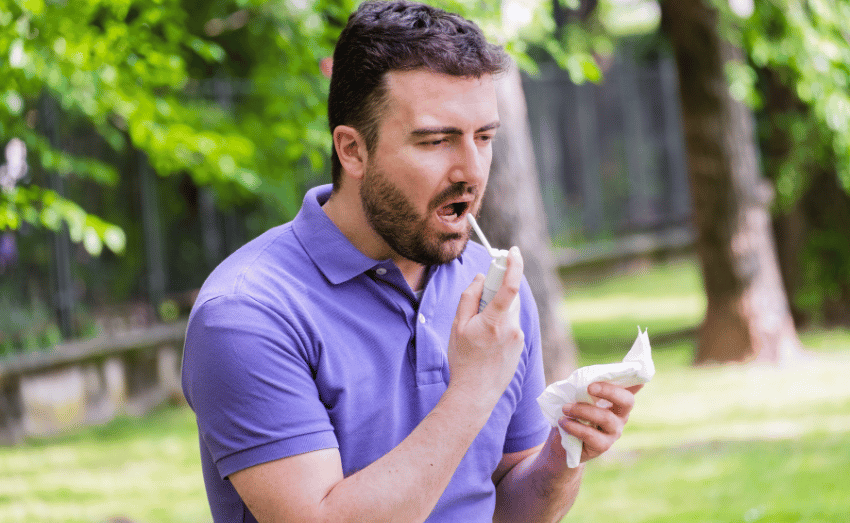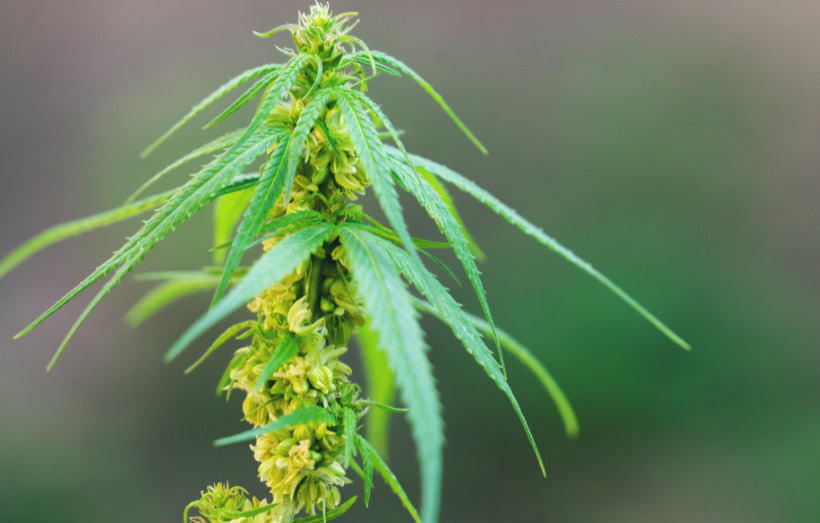Hay fever, which is also called allergic rhinitis, is a common illness that affects millions of people all over the world. It can lead to several symptoms, such as a runny nose, nasal congestion, sneezing, and itchy eyes. Even though there’s no cure for hay fever yet, many ways exist to relieve the symptoms and make the hay fever season easier to deal with1.
Understanding Hay Fever
Allergic rhinitis, also called “hay fever,” is a physical response that starts when allergens come into contact with the nose or eyes. These allergens are specific substances that cause allergic responses. They can include pollen, mite waste, molds, and animal parts. For some people, this contact triggers an immunological response, the body’s natural defense system. This leads to rhinitis, swelling, and inflammation of the nasal mucosal surface.2
What Causes Hay Fever?
Hay fever, also called “pollen allergy,” is your body’s way of overreacting to certain types of pollen. The main culprits are tree, grass, and weed pollen. These pollen types are light and easily move with the wind, often causing problems for those who are allergic.
Now, some other plants make heavy pollen that can’t just float in the wind. Instead, these plants use brightly colored flowers to attract insects to help spread their pollen. If you have hay fever, you generally don’t have to worry about these heavy-pollen plants when enjoying the outdoors.
Hay fever is about reacting to the light, wind-carried pollen. The bright flowers are usually safer for those with this condition.
To answer this question:
Hay fever is an allergy to wind-carried pollens, specifically from trees, grasses, and weeds. Unlike plants with heavy, insect-attracted pollen, these are the primary culprits for hay fever symptoms.
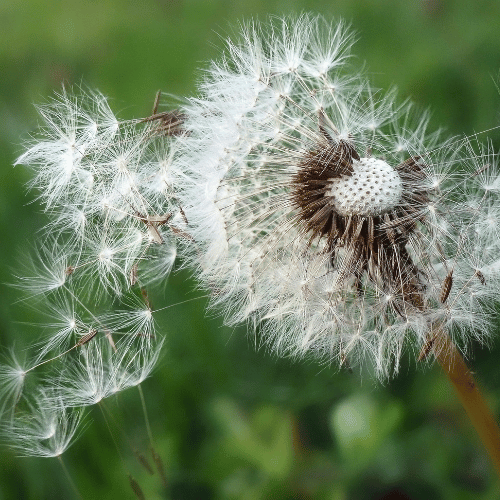
Prevention and Treatment
To avoid hay fever attacks, reduce your exposure to allergens. Treatment should ideally begin prior to the season in which you are experiencing the most symptoms. Here are a few examples of common treatments:
- Nasal Sprays with Corticosteroids: These sprays help soothe the swelling in your nose, making it easier to breathe.
- Antihistamines: Imagine histamine as a tiny alarm bell in your body that rings when it meets an allergen, making you sneeze or itch. Antihistamines help silence this alarm bell, reducing symptoms.
- Decongestants: When your nose feels stuffed, decongestants help clear the pathway, making it easier to breathe.
- Leukotriene Receptor Antagonists: Big term, but simply, they halt some of the body’s reactions that cause allergy symptoms.
- Allergy Shots (Immunotherapy): Think of this as a friendly meetup between your body and the allergens, happening in small doses over time. This way, your body gets used to them and doesn’t react as strongly over time.3
Always remember that if you have hay fever, you should consult a healthcare professional to determine the best treatment option!
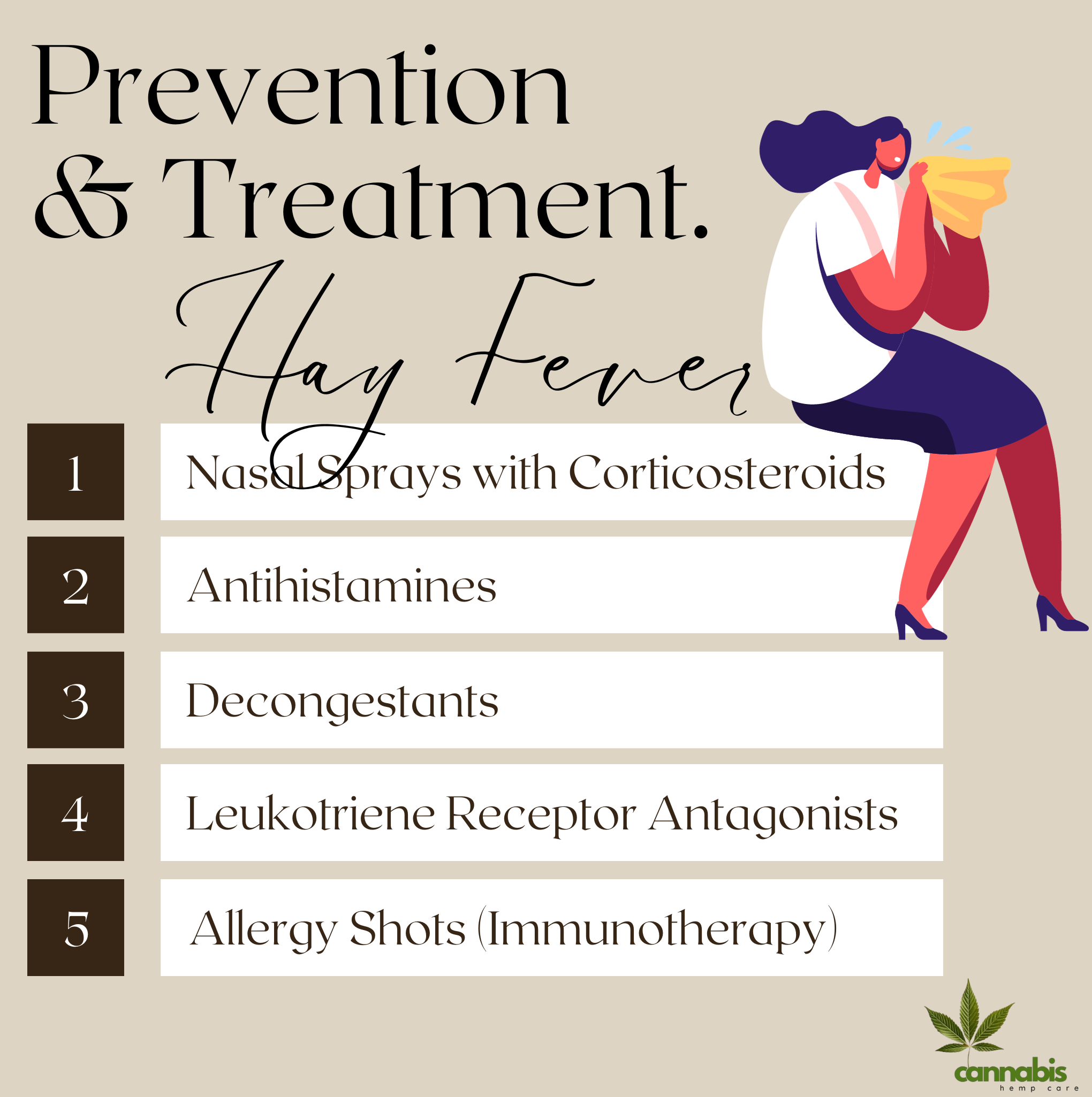
Natural Remedies
Hay fever, a common allergic reaction, frequently leads to the use of medication such as antihistamines for relief. However, some people may desire or require other options for a variety of reasons. These could be caused by situations such as pregnancy, medication allergies, or simply a personal choice. Fortunately, there is a wide range of natural remedies for hay fever symptoms.
These are natural solutions that can help manage hay fever symptoms in medical treatments.
- Local Honey: Ingestion of indigenous honey may acclimatize an individual to regional pollen, potentially mitigating allergic responses.
- Probiotics: Maintaining a robust gut microbiome is integral to optimal immune functionality. Certain studies indicate that consistent probiotic supplementation can benefit individuals with hay fever.
- Quercetin: This potent antioxidant, a natural antihistamine, is found in substantial quantities in onions, apples, black tea, various berries, and capers.
- Herbal Infusions: Chamomile-based infusions are recognized for their soothing attributes and might be of value to those contending with hay fever symptoms.4
Tips For Managing Hay Fever
Here are some additional tips to help you manage your hay fever symptoms:
- Nasal Barrier: Apply petroleum jelly to the periphery of the nostrils to intercept airborne pollen.
- Ocular Protection: Utilize wraparound sunglasses to prevent pollen ingress into the ocular region.
- Decontamination Post-Exposure: Following outdoor activities, it is recommended to bathe and adorn fresh attire to eliminate any adhered pollen particles.
While traditional medicines offer one route of relief, multiple natural alternatives can be equally effective. Always consider consulting a medical professional to tailor the best approach for your situation.
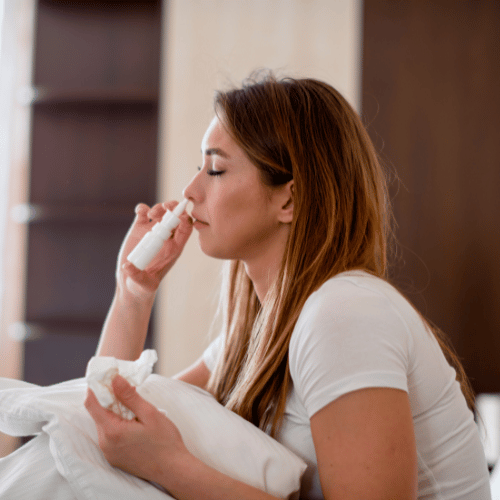
Final Words
To alleviate hay fever quickly, consider using antihistamines, nasal corticosteroid sprays, and natural remedies like local honey. Additionally, protect against pollen by applying Vaseline to nostrils, wearing wraparound sunglasses, and showering after outdoor activities.
FAQs
Sources
- NHS Choices. “Hay Fever.” NHS, 2019, www.nhs.uk/conditions/hay-fever/. Accessed 3 Oct. 2023. ↩︎
- “Hay Fever.” Vic.gov.au, 2012, www.betterhealth.vic.gov.au/health/conditionsandtreatments/hay-fever. Accessed 3 Oct. 2023. ↩︎
- “Runny Nose, Itchy Eyes? Beat Hay Fever Season with 7 Simple Steps.” Healthline, 1 July 2021, www.healthline.com/health/allergies/its-hayfever-season-heres-how-to-get-through-it#hay-fever-definition. Accessed 3 Oct. 2023. ↩︎
- Edwards, Natasha. “10 Natural Remedies for Hay Fever.” Medino, www.medino.com/article/natural-remedies-for-hayfever. Accessed 3 Oct. 2023. ↩︎
